Gifts for Older Fathers: Senior Father’s Day Gift Guide
It can be hard to find the right gifts for older fathers. So many times, older Dads tell us they don’t need anything. If they have downsized or given up certain activities, we may feel at a loss for ideas for gifts for our older fathers. As Father’s Day nears, we’re here to help with great gift ideas for older Dads!
You might also want to check out our Gifts for Seniors guide and be sure to grab our coupon code, for $5 any purchase at Silverts.com. This site has great adaptable clothing and senior-friendly products, as gifts for older fathers on special occasions or any time of year.
Get My Senior Gifts Coupon
Here’s our lineup of Top Five Father’s Day Gifts for Older Fathers:
*Click the titles for hyperlinks directly to the online sites where you can purchase these items.
Puzzles are a great activity for both fun and keeping the mind engaged! They’re great for rainy days or for older fathers who can’t get out and about as easily as before. This puzzle is easy for people with arthritis and low vision due to the large pieces. The picture is a fun collection of things from years gone by, for enjoyable reminiscing.
Reader’s Digest Large Print Edition Subscription
This popular periodical is enjoyed by many older Dads. Now, get the large print edition and provide your older father many hours of reading enjoyment for the next year.
If your Dad prefers other publications, many of them are available in large print. A subscription to a magazine or newspaper (or digital versions if Dad uses an e-reader or iPad) makes a useful, enjoyable gift.
Great for geneology and history buffs, or any Dad proud of his family heritage. Makes a nice decorative item and discussion piece, great for adding a personal touch to an assisted living apartment or nursing home room.
This lists information about the origin of your surname, other people in the past that had that name, where it was derived from and the country of origin. It also includes a description of the arms, crest and motto of the family.
Classic Games Collection Mega-Screen Solitaire
Perfect for Dads who enjoy games, this device (with multiple games) can add hours of solitary fun to the day. Games like this also sharpen the brain and this handy device is portable, so it’s great for traveling or wait times.
For active older fathers, sports equipment and sports clothing make great gifts. Or, you might want to plan an outing to a sporting event or do an outdoor activity together. It’s always great to encourage the older adults you love to stay active, and it’s fun to get out and enjoy the time together! Our senior concierge services can assist with logistics and accompany your Dad if you don’t live nearby and want to plan something special (or need an extra hand).
Titleist Personalized DT Solo Golf Balls
For the active older Dad in your life who loves a good (or even bad) game of golf. Golfers always need more high quality golf balls, like these from Titleist. Golfsmith offers a great array of products for the older golfer in your life. Great gifts for older fathers who enjoy a day out on the course!


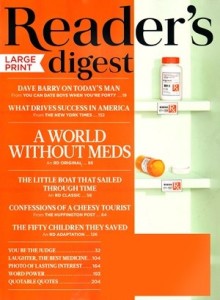

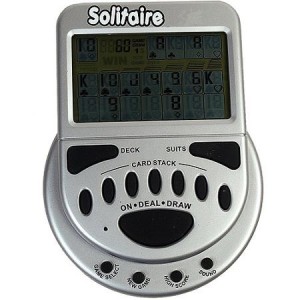
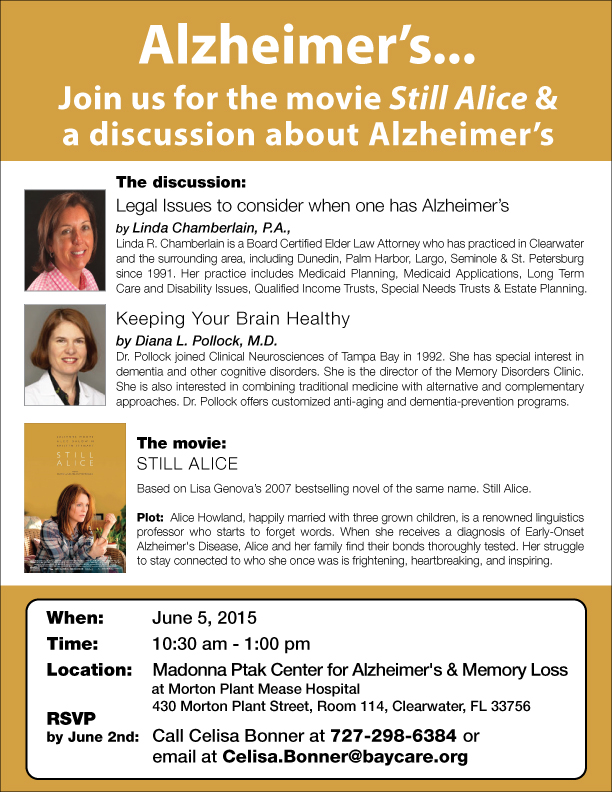
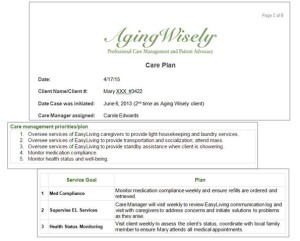
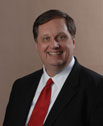

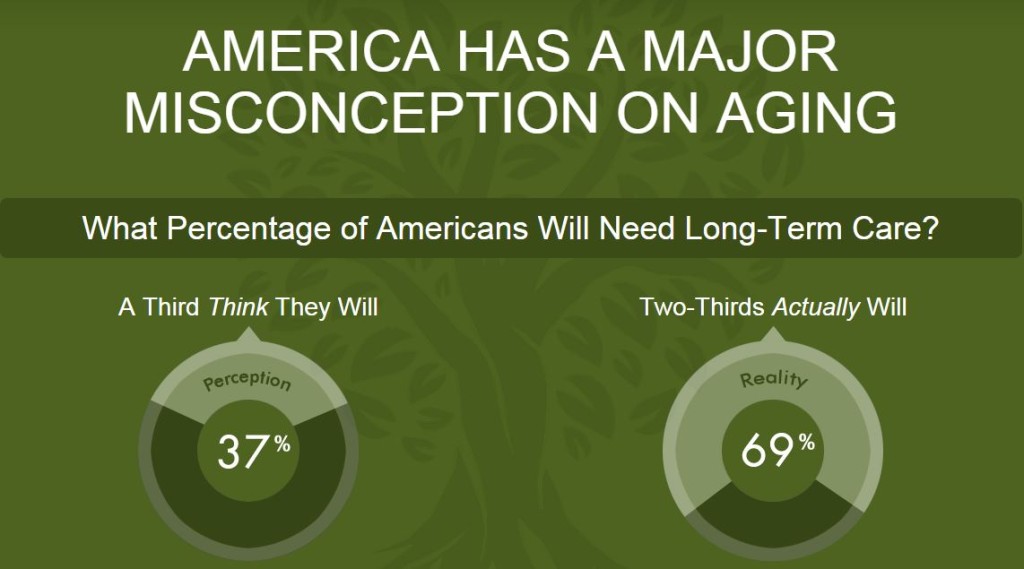
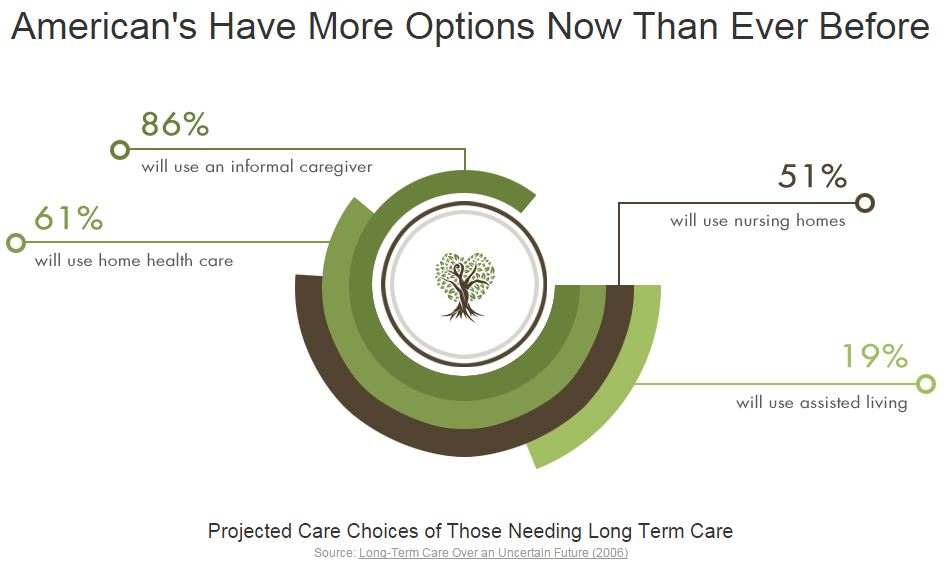
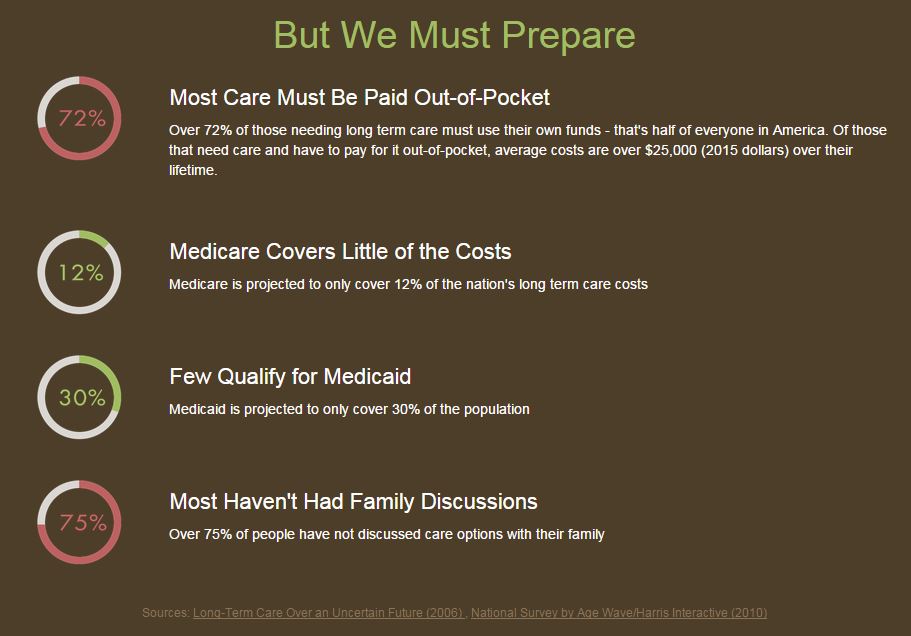
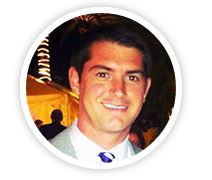
 Popular Downloads
Popular Downloads


 Get Our Newsletter!
Get Our Newsletter! Mission Statement
Mission Statement

